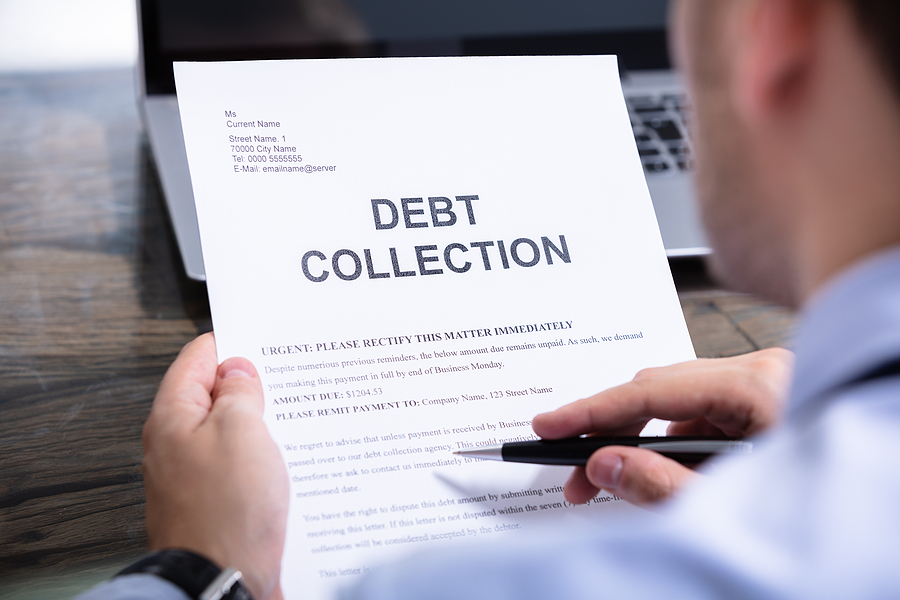
A debt collector agency is a business that collects past due balances on behalf of another party and a collection agency may be a third-party service or part of the original company that issued the debt.
When dealing with a debt collector, it’s important to know your rights as a consumer, what you’re agreeing to, and what can happen if you don’t pay.
In this post, we’ll teach you how to identify a debt collector’s contact information, understand your rights when speaking with them, and report unfair treatment by collectors.
What is a debt collector?
It is a business that collects past due balances on behalf of another party and there are two types of debt collectors; third-party services and those who work for the original company that issued the debt.
Understanding your rights when dealing with collectors
They may only contact you to ask for a payment, provide information about a specific account, or try to settle your account wherein a collector should not:
- Harass you with repeated phone calls and messages
- Discuss your debt with anyone but you
- Threaten violence or harm
- Tell others they’re attempting to collect a debt
- Send postcards to your home
- Contact you at unusual hours i.e., before 8 am or after 9 pm
Consumer complaint process
If you are dissatisfied with the services of a debt collector according to danskeinkasso (Danish debt collection), there are steps you can take to address the issue.
First and foremost, it is important to keep records of all correspondence with a debt collector, this includes dates and times of phone calls or letters, who you spoke with on the other end of the call, their name and position within the company, what was discussed and what action was taken by them.
Second, if you’re not satisfied with how your complaint was addressed through your agent’s internal process, you have the right to file a complaint with an outside organization.
After filing a complaint online or by mail, they will contact you within 30 days about how your submission was processed in their database. If they do not contact you within 30 days, it is likely that your submission did not go through successfully.
How to identify a debt collector’s contact information
The first thing you need to do when you get a call from a debt collector is to find out who they represent.
If the caller refuses to tell you this information, ask them to send you written notice with their contact information within two days of the conversation.
In order to avoid any confusion and help your records keep up with different agencies, record the following information:
How to deal with unfair treatment by collectors
There is no one-size-fits-all approach to managing debt and the best option for you will depend on your situation and what’s in your best interest.
If the collector won’t accommodate your request, it might be worth hiring a lawyer or talking with an attorney before agreeing to anything.
If collectors are calling you without identifying themselves, it’s important that you take note of their name and number so that you can put a stop to the calls.
You may also want to ask them for the name of the company they represent and send them a cease communication letter if they continue to call after asking them not to call again.




